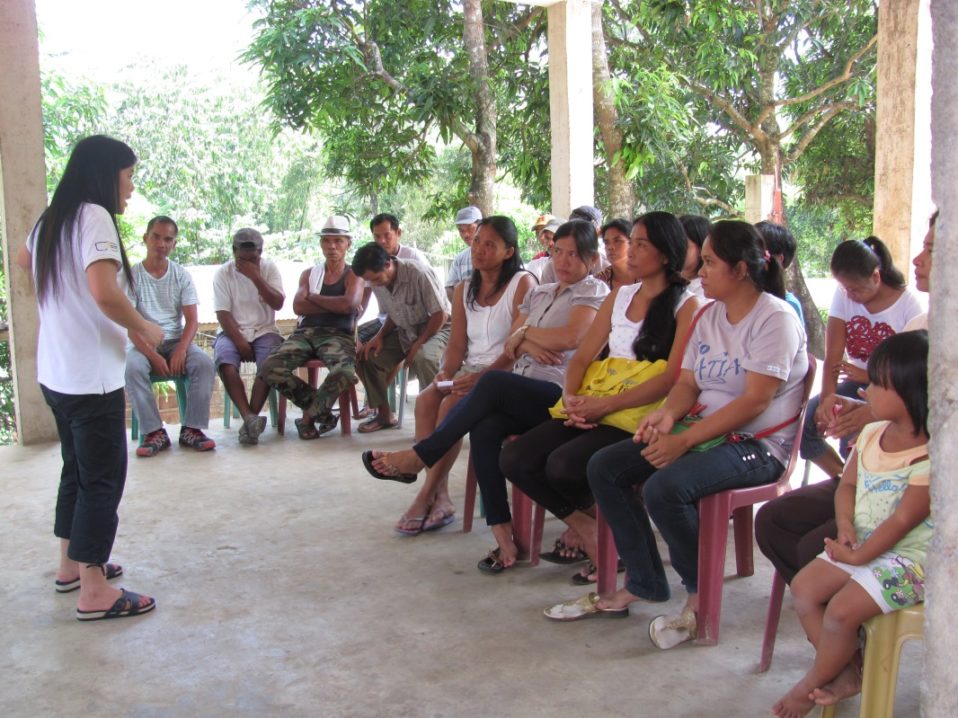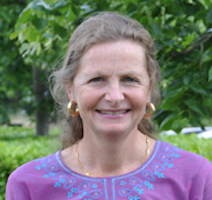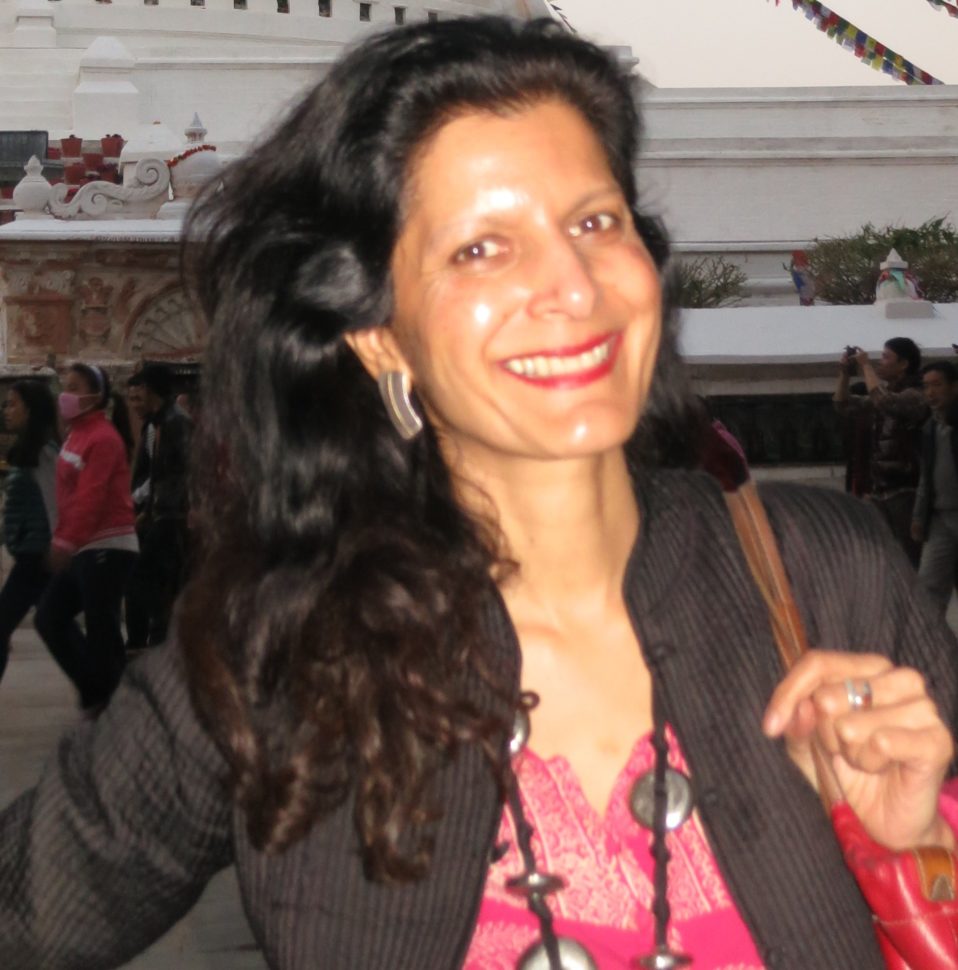In order to ensure that the law is being properly applied in the courtroom, the Lawyers’ Committee for Human Rights (YUCOM) in Serbia partnered with the Youth Initiative for Human Rights (YIHR) in Croatia and Bosnia-Herzegovina to develop a regional trial monitoring program. This coordinated approach fostered knowledge sharing among the organizations, allowing them to benefit from past best practices and lessons learned, as the countries share commonalities in their historical and cultural contexts. During training workshops in each of the countries, experts presented on the relevant court procedures and the monitoring and reporting process to over 80 monitors, including human rights activist, journalists, and citizen volunteers. Once monitoring of cases began, daily reports were published on a web portal, launched during YUCOM’s first PTF-funded project in Serbia, and now expanded to include Croatia and Bosnia-Herzegovina. The reports provide observations on the procedure, such as presentation of evidence and handling of objections, with special note of violations. The site, which draws approximately 3,000 visitors each month, also includes hearing schedules and media coverage of the cases. A platform for visitor comments encourages discussion, many drawing attention to unreported corruption. As the pilot project of the Barry Metzger Rule of Law Initiative, this regional network of Civil Society Organizations (CSOs) in Serbia, Croatia, and Bosnia-Herzegovina provided important lessons and impacts that can be scaled-up in the future. Impacts and Results Achieved 80 monitors were trained to systematically evaluate corruption trial proceedings, a step toward changing the nature of reporting on corruption cases from sensational and political to professional and legitimate. The capacities of CSOs were strengthened and they developed a new level of professionalism and expertise. Citizen awareness of the fight against corruption was raised through the website, video, and publication of a policy paper. Monitoring increased procedural compliance by introducing a new level of accountability. It also provides evidence that can strengthen future advocacy and data that can help measure the impact of reform on the system. Lessons Learned In Croatia, it was determined that more monitors would be needed for a comprehensive program, as hearings in different cases were often scheduled at the same time. Across all countries, more monitors would ensure a more comprehensive impact. Obtaining information about cases, including the hearing schedules, is one of the most difficult parts of the monitoring process and affects researchers’ ability to evaluate consistently and effectively. Additional efforts need to be made in this regard to ensure officials abide by FOI laws. Sustainability The Metzger Initiative is currently considering plans for a broader regional network in the Western Balkans. This project serves as an important launching point for collaboration among CSOs in the region, and is the starting point of developing best practices for their coordination. In working toward a unified front against corruption, during the course of the project, relationships were built among 20 key stakeholders including journalists, court staff, and CSOs. DOWNLOAD PROJECT PROPOSAL DOWNLOAD Q&A WITH YUCOM DOWNLOAD POLICY PAPER OTHER METZGER RULE OF LAW INITIATIVE PROJECTS Review23 - Regional Rule of Law Network in the Western Balkans Regional Gender-Based Violence Legal Training






